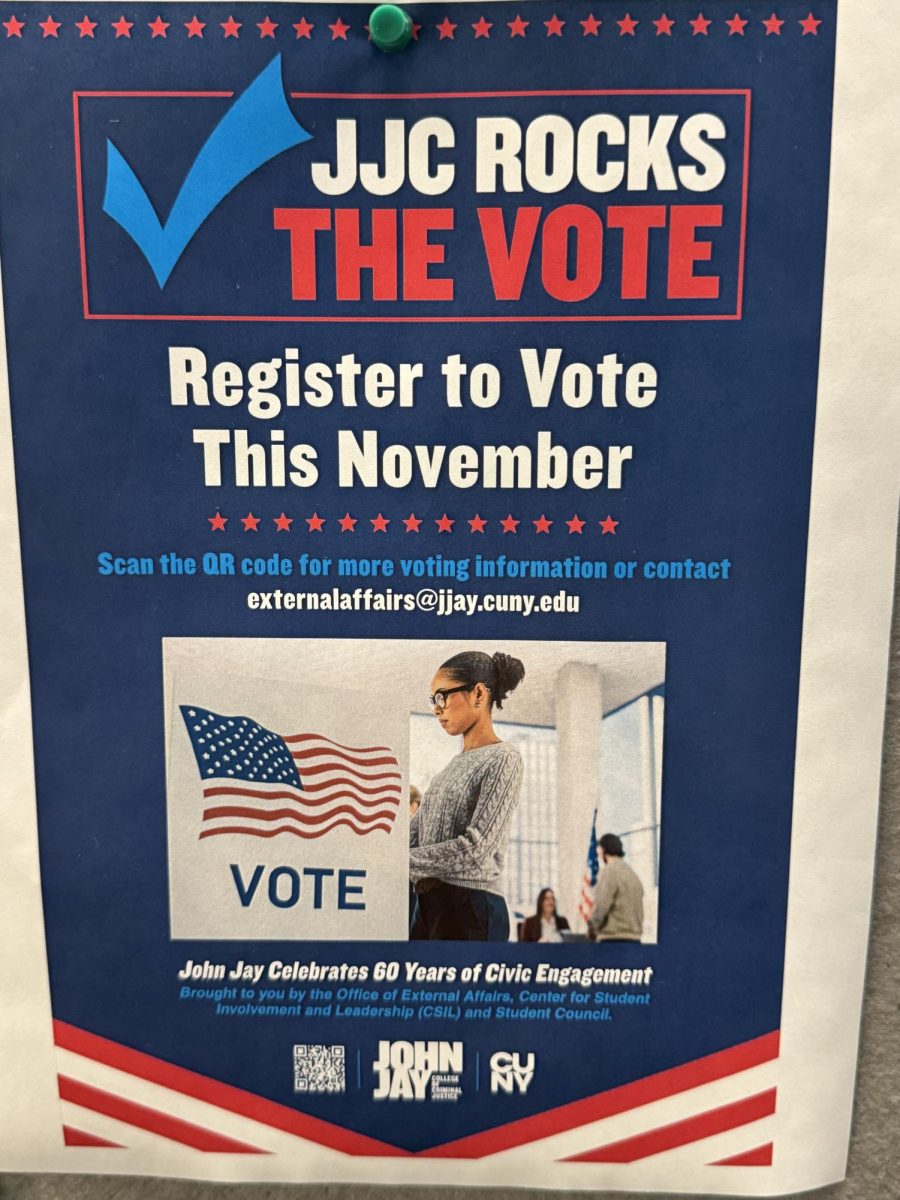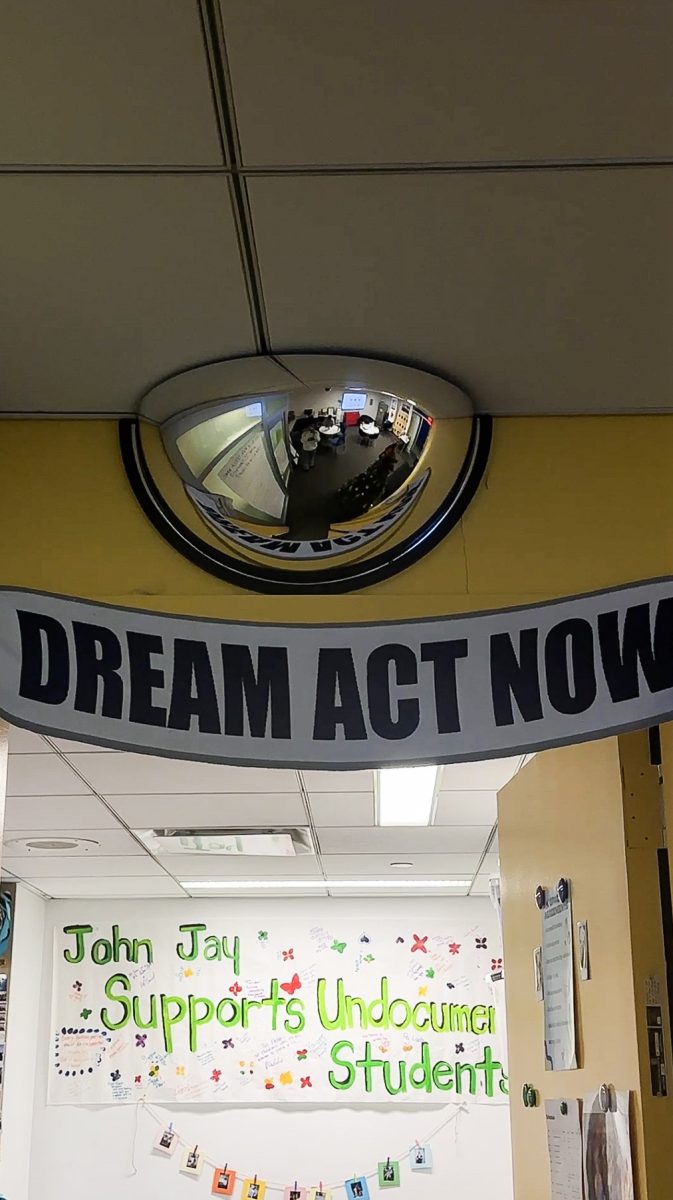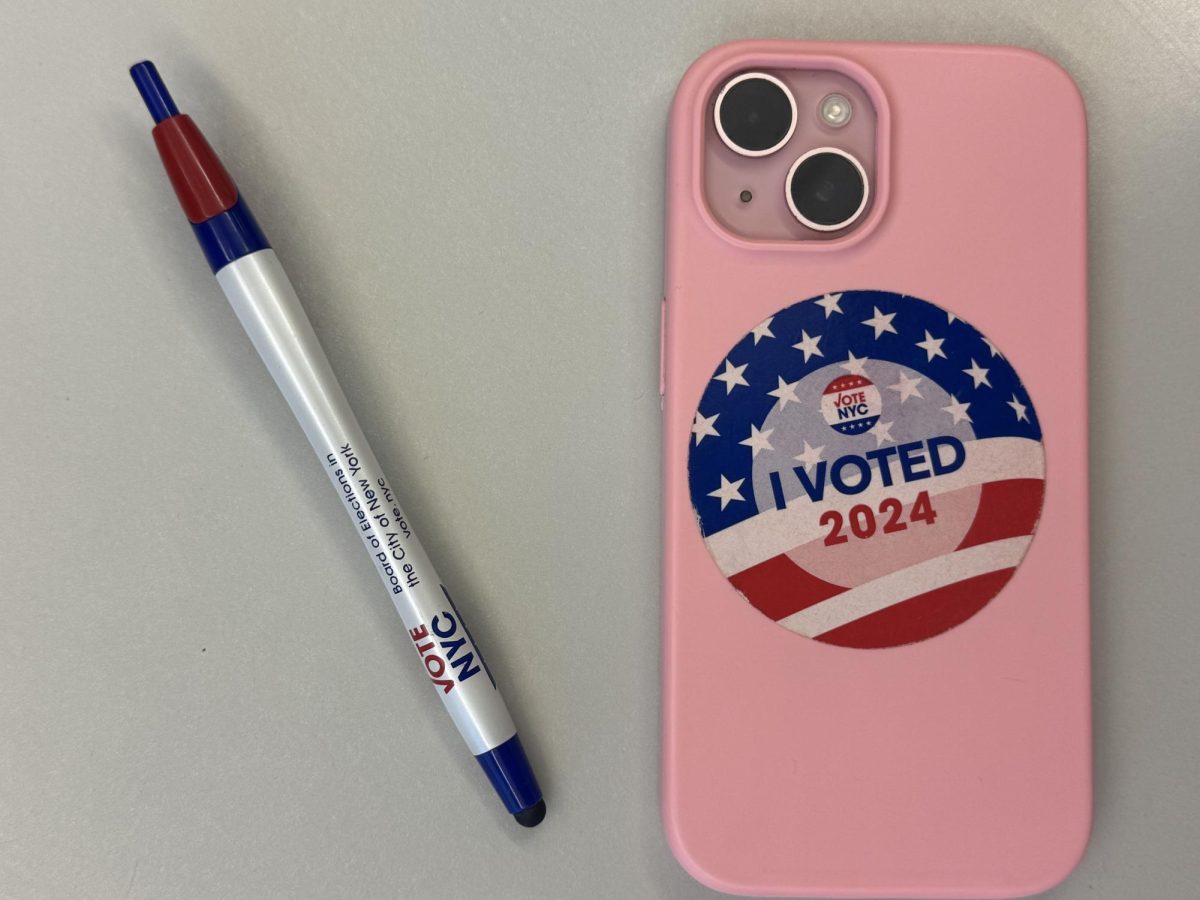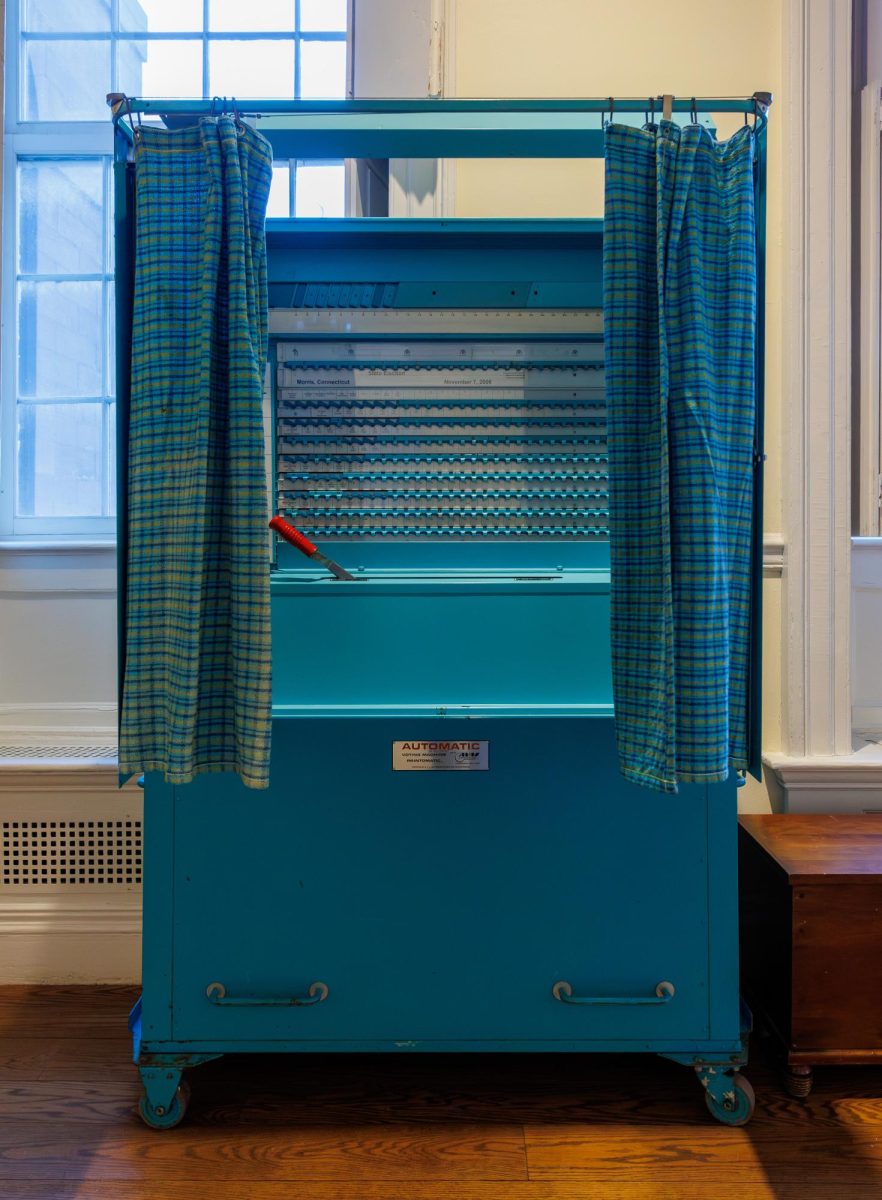On September 10th, 2024 at 9:00 PM EST, Presidential Candidate Kamala Harris and Former President Donald Trump clashed on the debate stage, each fighting to win the support of over 300 million Americans. Over 68 million viewers tuned in to watch, eager for Election Day and the future it will decide.
The debate covered a range of pressing topics, including abortion rights, the economy, border security, and the ongoing Israel-Hamas war.
Harris stood firm on the Biden administration’s approach to economic recovery and reproductive rights, while Trump focused on issues like border security and a more aggressive foreign policy approach.
Some common themes emerging from the debate was Trump highlighting his past leadership. This included Trump criticizing the Biden-Harris administration by claiming the U.S. economy is in “terrible” shape due to record-high inflation. And Harris promoting her “opportunity economy” plan, which is aimed at boosting the middle class. Harris also condemned Trump’s proposed tax cuts for the wealthy.
Although both candidates offered sharp contrasts in their visions for America, the real test lies in how these points resonate with voters.
As John Jay students prepare to enter the workforce, the economic topic of the debate is one that students were privy to. John Jay students are offering their opinions on this controversial debate and election.
Yan Shan Yu, a forensic psychology master’s student, expressed concerns about the economy and the future of the job market for her generation.
“Our economy is plummeting and we as students are worried about job opportunities. No matter what is said in the debate, until we see something, it’s all talk,” she said.
Devyn Jones, a senior majoring in police studies, offered his opinions on the debate.
“Trump didn’t come to debate policy; he went there for sound bites,” Jones said. “Harris said what she was supposed to, but voters don’t seem to care much about the details of policy, which is a little scary to me.”
After discussing the lack of focus on substantive policy, another student expressed a different perspective.
Christopher Valcarcel-Bilbraut, a senior majoring in law and society, felt the debate was unfairly stacked against Trump.
“I think it was three versus one with [the moderators and Harris being against] Trump,” he said. “The moderators gave Harris leading questions but hit Trump with hardball questions.”
Aside from the opinions about the debate itself, there are varying conceptions amongst the John Jay community about what the debate represents. While some students felt the debate was biased against Trump, others viewed the larger implications of the candidates’ proposals by reflecting on what the debate represented.
Ariel Glass, a junior majoring in forensic psychology major, commented on this concept.
“[The debate] showed [the difference between] who can see hope for the future and who can’t see the future and [who] must put down the nation to raise their esteem,” said Glass.
A senior majoring in law and society, who wishes to remain anonymous, also expressed concerns about both candidates.
“Both sides have questionable ideas in regards to the laws they want to implement or the policies they want to enforce,” said the student. “I’m just hoping the greater good of the country is taken into account, and not just the desire for power,” they said.
John Jay students can access voting resources here.





